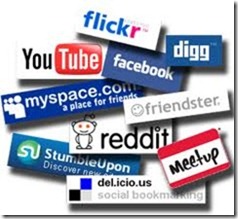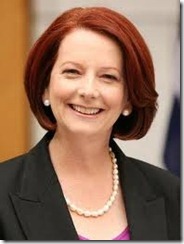Mobile Increases Almost Two-Fold Year-Over-Year
In the first half of 2012, internet advertising revenues climbed to an all-time high of $17 billion, representing a 14 percent increase year-over-year, according to IAB Internet Advertising Revenue Report released today by the Interactive Advertising Bureau (IAB) and prepared by PwC US. This performance is compared to the landmark $14.9 billion reported for the first six months of 2011.
Also marking a 14 percent year-over-year increase, second quarter internet ad revenues for this year hit $8.7 billion, up from $7.7 billion during the same time period in 2011.
Highlights of the report include:
- Mobile generated significant growth – almost doubling year-over-year – up 95 percent to $1.2 billion in half-year 2012 from $636 million in the comparable 2011 period
- Digital video, a component of display-related advertising, saw an increase of 18 percent year-over-year, bringing in a little over $1 billion in revenue in the first two quarters of 2012 compared to nearly $900 million in the first six months of 2011
- Search revenues in the first half of the year totaled $8.1 billion, up 19 percent from nearly $6.8 billion during the same timeframe in 2011
- Display-related advertising revenues in the first half of the year totaled almost $5.6 billion, accounting for 33 percent of 2012 half-year revenues, up 4 percent from $5.3 billion in the first half of 2011
- Retail advertisers constitute the largest category of internet ad spending for the first half of this year, claiming 20 percent of the total revenues at $3.4 billion, while Automotive brought in $2.2 billion for first-half 2012, marking an uptick to 13 percent versus 11 percent of category spend reported for half-year 2011 at $1.7 billion
“This report establishes that marketers increasingly embrace mobile and digital video, as well as the entire panoply of interactive platforms, to reach consumers in innovative and creative ways," said Randall Rothenberg, President and CEO, IAB. “These half-year figures come on the heels of a study from Harvard Business School researchers that points to the ad-supported internet ecosystem as a critical driver of the U.S. economy. Clearly, the digital marketing industry is on a positive trajectory that will propel the entire American business landscape forward.”
“The tremendous growth of mobile advertising revenue over the past year is an indication of the importance of location to advertisers and mobility to consumers,” said David Silverman, a partner at PwC US. “Bringing the power of the internet to mobile devices has opened up a world of possibilities to both consumers and marketers.”
“Solid double-digit growth in a stagnating economy is a significant accomplishment,” said Sherrill Mane, Senior Vice President, Research, Analytics and Measurement, IAB. “There is evidence that CPMs are maintaining, and even increasing, further substantiating the vitality of the internet ad market.”
Story source: www.iab.net








